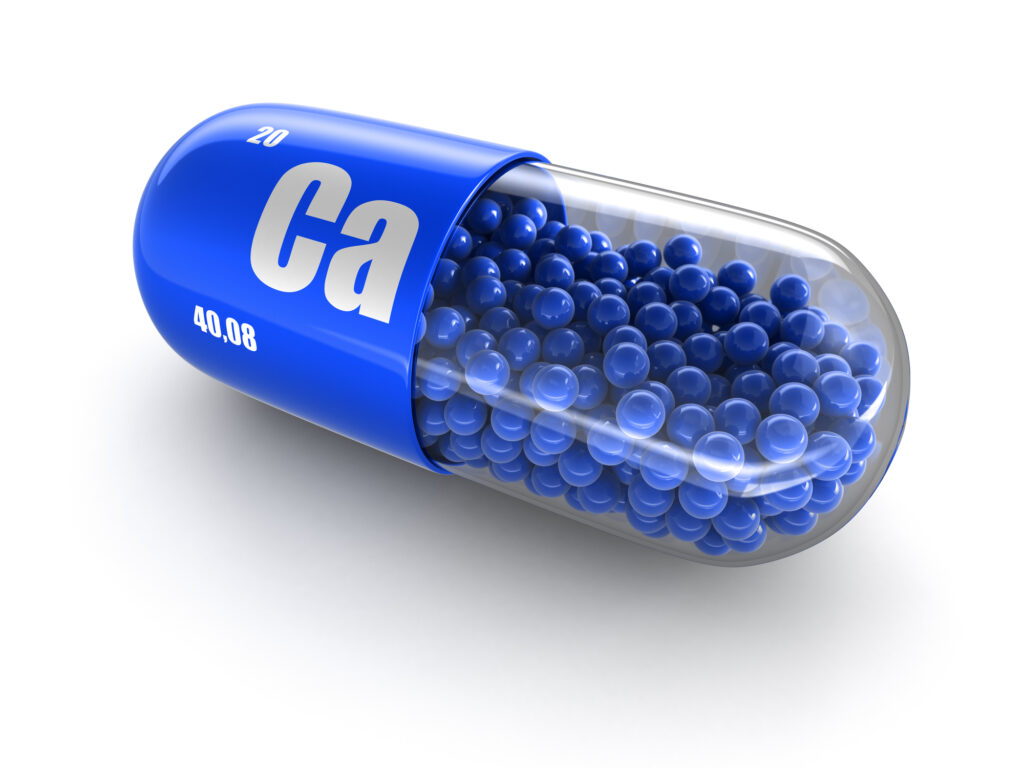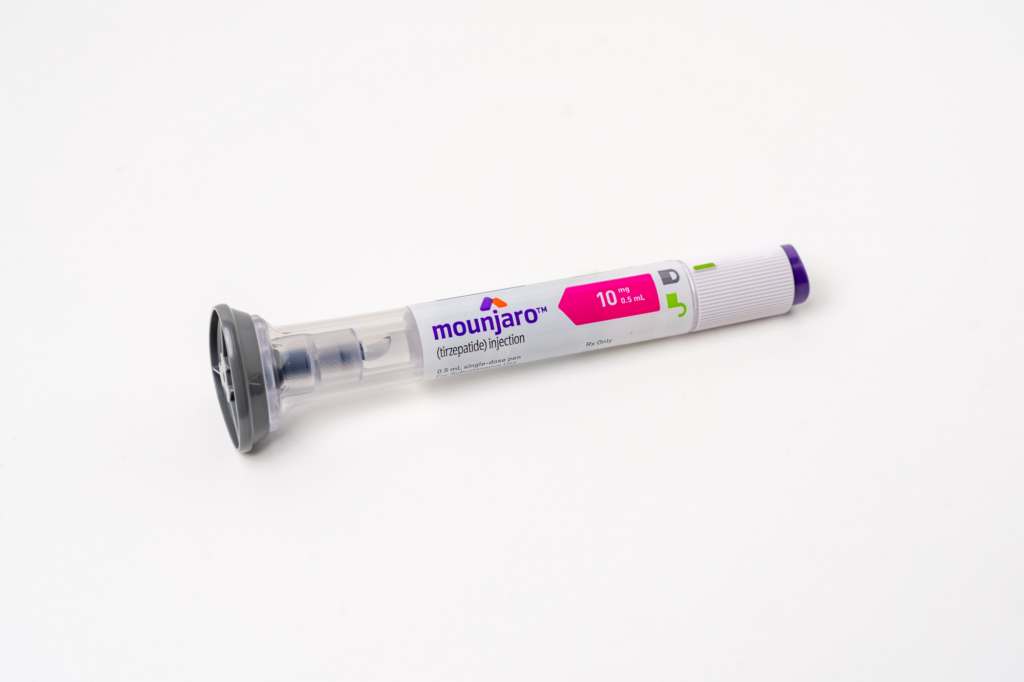Advocacy for the use of calcium supplements arose at a time when there were no other effective interventions for the prevention of osteoporosis. Their promotion was based on the belief that increasing calcium intake would increase bone formation. Our current understandings of the biology of bone suggest that this does not occur, though calcium does act as a weak antiresorptive. Thus, it slows postmenopausal bone loss but, despite this, recent meta-analyses suggest no significant prevention of fractures. In sum, there is little substantive evidence of benefit to bone health from the use of calcium supplements. Against this needs to be balanced the likelihood that calcium supplement use increases cardiovascular events, kidney stones, gastrointestinal symptoms, and admissions to hospital with acute gastrointestinal problems. By Ian R. Reid, published in J of Bone Metabolism, Feb. 2014.
Thus, the balance of risk and benefit seems to be consistently negative. As a result, current recommendations are to obtain calcium from the diet in preference to supplements. Dietary calcium intake has not been associated with the adverse effects associated with supplements, probably because calcium is provided in smaller boluses, which are absorbed more slowly since they come together with quantities of protein and fat, resulting in a slower gastric transit time. These findings suggest that calcium supplements have little role to play in the modern therapeutics of osteoporosis, which is based around the targeting of safe and effective anti-resorptive drugs to individuals demonstrated to be at increased risk of future fractures.








